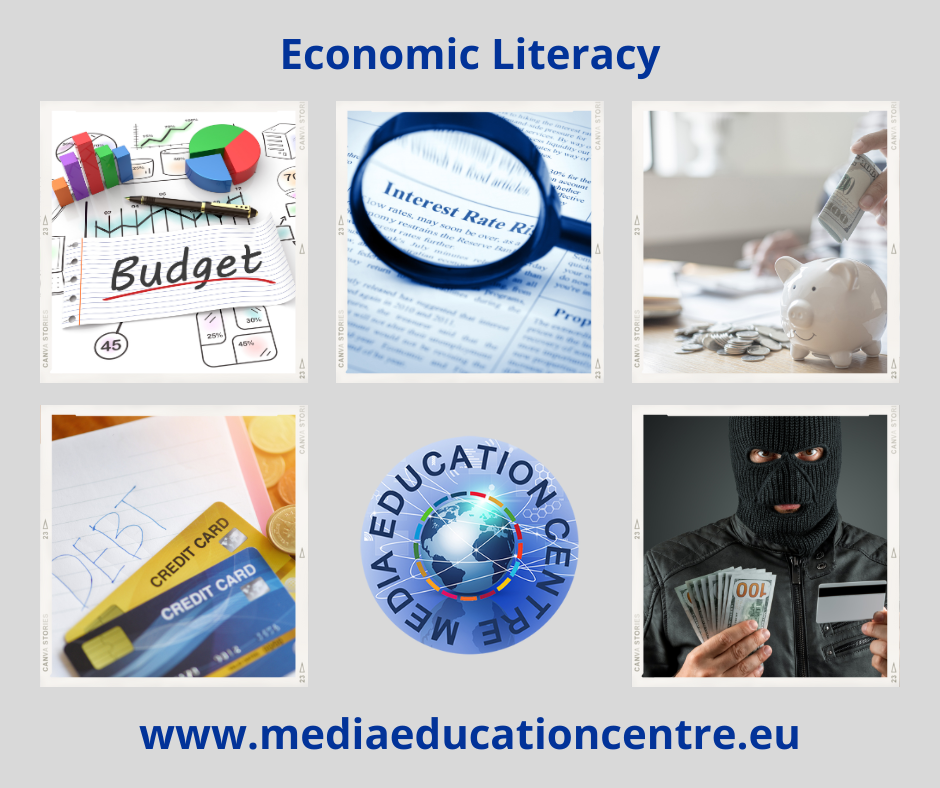Economic literacy is the ability to apply basic economic concepts and principles to everyday situations and problems. It helps you make informed decisions, evaluate policies and programs, and communicate your views and interests effectively.

Economic literacy is the knowledge and understanding of economic concepts and principles, and how they are applied in everyday life. It is important for individuals to have a basic understanding of economics in order to make informed decisions about their finances, investments, and other financial matters. Economic literacy can help individuals become more financially responsible by providing knowledge and understanding of economic terminology, concepts, and principles, as well as the implications of economic decisions. It also allows individuals to understand the economic environment they live in and how it affects them. Economic literacy can benefit individuals in their personal and professional lives, providing them with the ability to understand economic trends and make sound decisions.
Educators have to work to include a wide array of studies within the required curriculum for young adults. However, there’s a key component of life in which students of all ages aren’t gaining enough knowledge: economic literacy.
Even though economic literacy is crucial to successful “adulting,” mere countries require high school students to take a course on economic literacy. These courses have to be proven to have a direct impact on a student’s ability to make wise financial decisions. Plus, students who have some personal finance classes under their belts are much more likely to successfully save money, budget wisely, and invest smarter.
Economic Literacy for Beginners
Perhaps we should reevaluate how we’re educating students (or not educating students) on these important life aspects. Until that change happens, though, here are the five key concepts to work on in order to improve economic literacy for students. Mastering these aspects won’t always be easy. However, with a little bit of practice, they will benefit from those five concepts for a lifetime:
- The Basics of Budgeting
- Understanding Interest Rates
- Prioritizing Saving
- Credit-Debt Cycle Traps
- Identity Theft Issues & Safety
The sooner you master these economic concepts, the better.


